By Sandy Ryan
COVID nationalized the labor markets in many industries, including legal services. The evidence suggests the change is permanent.
Many employers now leverage technology to conduct remote job interviews, a hiring trend likely to continue with 93 percent of employers desiring to continue conducting remote job interviews. Because so much more information is available online, companies are also fine tuning their job postings, including more specific information regarding salary ranges, culture, and more specific job descriptions.
Not surprisingly, the largest challenge facing the job market is likely the availability and prevalence of remote/hybrid work arrangements. As of 2023, statistics show almost 13 percent of full-time employees work from home, and nearly 30 percent now use some type of hybrid arrangement.
And all signs point to this trend sticking around. Despite that a majority of the workforce is still working in-office, around 98 percent of workers express a desire to work remotely at least some of the time, demonstrating the trend toward flexibility and a better work-life balance. In fact, a recent study by Upwork finds around 32 million Americans will be working remotely by 2025, accounting for around half of the workforce.
With such a drastic increase in remote and hybrid work arrangements, recruiters are now able to staff projects on a national level, taking advantage of an expanding candidate pool. This broadened scope of candidates provides recruiters with access to a more dynamic candidate pipeline, bringing in diverse skill sets and experiences that can prove invaluable to an organization. And saving time and money sourcing and deploying these candidates, to boot.
But this seismic shift to high-volume staffing isn’t without its challenges. A sudden increase in candidate supply can derail even the most talented recruiters and HR departments. Then there’s the demand side: Sometimes your organization has plenty of notice for a high-volume project, but this isn’t always the case. These types of projects can arise suddenly, sending your HR team into panic. If your organization isn’t ready, attempting to cull well-qualified candidates from across the nation can be difficult and time-consuming.
But no worries. Here are four proven tips to help you retain the pros and minimize the cons of a high-volume labor market:
1) Hire holistically.
Despite an expanding candidate pool, experts still point to a talent shortage in today’s job market. Nonetheless, a high-volume project requires lots of people. But not any ol’ Joe will do – you need the right person.
To help weed through candidates quickly, HR teams need to think holistically. They can start by creating candidate personas to generate ideas of what the ideal candidate might be like. These profiles include biographical data – where a person may live, what type of work history they have, and any necessary skills they should possess to be successful in the company. From there, companies can determine what conferences the ideal candidate attends, where they hang out on social media, and what groups they are in. Personas can help narrow down the candidate field quickly, leading to better bites on job postings and interviews. (Be sure to be mindful of unconscious biases when creating these profiles to guarantee you aren’t weeding out diverse talent.)
Once HR teams narrow down candidates, companies should be sure to hire only those candidates who would be a good fit for their company so they can retain top talent (more on that below). At Level Legal, we bake our company culture right into the hiring process. We vet each candidate based on a culture value assessment, to make sure we’re finding the right fit for our team from the outset. Prioritizing both culture fit and performance expectations ensures the individuals we select are of high quality and can deliver excellent results consistently, even when dealing with a large number of tasks.
During the hiring process, we have open discussions about Level Legal’s core values of giving a damn, getting it done right, showing respect, and delivering delight. We look for candidates who can wholeheartedly commit to embodying these values as employees of our organization. Quality over quantity is simply the way we operate.
True, this can be difficult during high-volume staffing, but it is an essential component of ensuring you have the right bodies in the right seats. Even well-trained HR teams may not have a plan in place to guarantee they can vet candidates in such a short time frame. Be proactive and create a well-oiled process now so your team will be prepared for a high-volume need if and when it comes.
2) Leverage technology and recruiting talent.
Despite the need to staff quickly, your HR team must tailor the application and interview process to ensure quality vetting in the shortest amount of time possible. Companies can use AI-driven recruiting tech to cut down on costs without losing that personal touch needed to guarantee culture fit. Tech can help streamline the hiring process by analyzing job boards and applicant profiles, screen large numbers of resumes, and organizing candidates into various recruitment dashboards.
At Level Legal, we prioritize a streamlined process to ensure that our hiring procedures are well-organized and efficient, allowing us to find the right candidates quickly and effectively. We also employ expert recruiters who undergo comprehensive training to fully grasp our company’s mission and values. This way, we can identify candidates who align well with our organization, culling only those candidates that we know can succeed with us. Moreover, we are committed to upholding the standards set for internal staff throughout the selection process, making sure we apply the same high-quality criteria to all potential hires.
3) Identify and record candidate skillsets.
With so many candidate options, choosing the right fit can be daunting. The Society for Human Resource Management reports that companies are moving toward a skills-first mindset when making hiring decisions, valuing actual skills over more traditional qualifications, like education and experience. Such a move comes at a great time considering it helps to broaden the labor pool in an already scant market.
At Level Legal, we keep an organized database of candidates, complete with detailed and defined attributes for each candidate. This system enables us to make precise selections for specific projects. In high-volume scenarios, it’s not possible for everyone to possess the exact same skills. But by identifying and understanding the breadth of skill sets of all candidates, we can determine who to rely on more heavily for particular tasks in a fast-paced staffing situation.
4) Integrate new team members.
High-volume staffing isn’t a one-and-done situation. Hiring a new employee is simply the first step. Onboarding and retaining them, however, can be complicated as the job market is unstable. For example, according to a recent survey, 4.5 million Americans quit their jobs in 2022. Making matters worse, rates of burnout are at an all-time high and show no signs of slowing.
The overall speed of the high-volume staffing process is likely to exacerbate the problem, so it’s important once the candidate is hired that HR teams take time to fully integrate them into the culture of the organization. Here’s a primer:
- Define expectations. It’s important that new hires understand their responsibilities and how performance will be measured. Various tools exist to complete this task, including online training modules or even paper-based options. It’s important to help new employees understand how they fit into the overall culture of your organization. At Level Legal, we apply our standard of “concierge service” to our candidates to help create a positive candidate experience.
- Provide support. It’s easy for new hires to feel isolated, especially if they’re working remotely. Building a team environment is crucial in retaining top talent and increasing overall employee wellness. And we know that every good team needs a coach cheering them on! Creating a mentor program combined with a knowledge hub (complete with FAQs, best practices, etc.) can help in-person and remote employees feel they are part of your organization, instead of an out-of-touch outlier.
- Give recognition. People generally want managers and team members to recognize them for their achievements. In addition to just feeling good overall, a culture of recognition can also lead to better retention, employee engagement, and higher employee performance. Acknowledging employee contributions is an easy step to keeping your employees happy.
- Developing growth. The availability of internal mobility programs is essential in this job market, as job seekers are expressing the desire to move upward at work. Eric Sydell, Executive VP for recruiting platform Modern Hire points to the importance of demonstrating the availability of upward mobility within an organization: “There are a lot of things people can do that they don’t necessarily know they can do. And as engagement lessens, one way to motivate people is through internal growth opportunities.”
Employers hoping to ride the wave of high-volume staffing must implement adaptable, efficient processes that focus on building a strong and cohesive team. With the right strategies in place, companies can successfully harness the potential of a national candidate pool without sacrificing the quality of their new hires.
At Level Legal, we aim to practice what we preach. Here’s what our team members say about how we’re doing:
- “I have never been treated with such respect, and the daily communications and feedback are better than any other of your competitors. Most just email us once a week, when it’s too late to make any real difference.”
- “You aren’t just a number when you work at Level Legal. You are a valued team member, and you’re treated that way.”
- “If you want to work with people who really care about service, then you should work for Level Legal.”
Looking for a job? Check out our open positions.
Sandy Ryan is the senior director of recruiting at Level Legal. She was born a natural eDiscovery recruiter, although she took a circuitous route from the tiny island of Montserrat through the U.S. Army Reserve to become one officially. When she is not overseas with close family, she lives on the East Coast, often opening her home to share Montserrat’s national dish: goat water. Don’t knock it ’til you try it.


